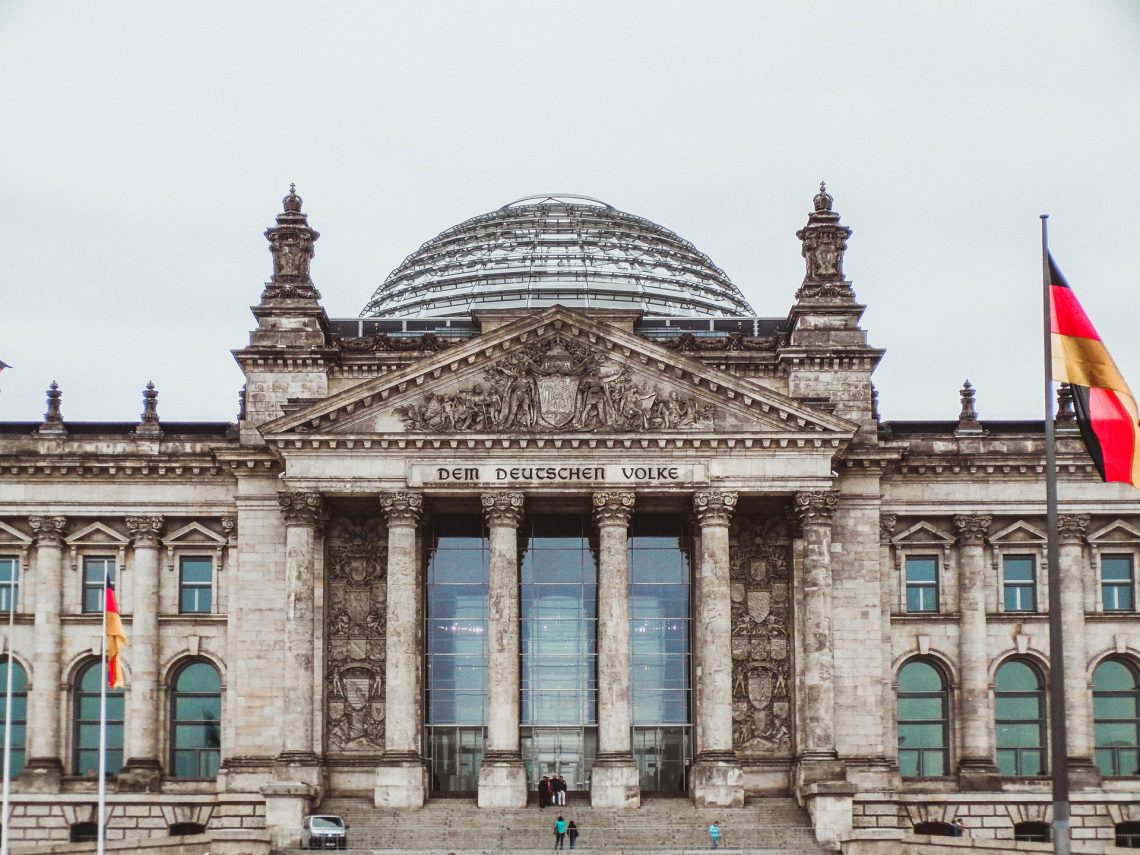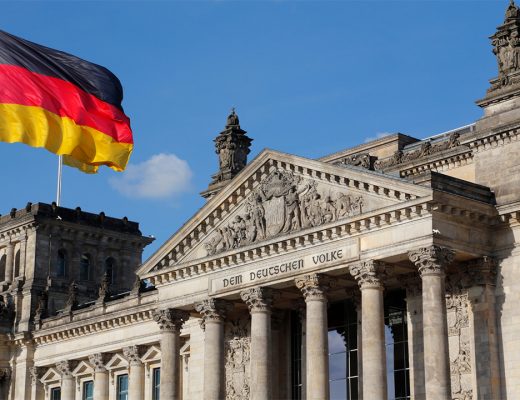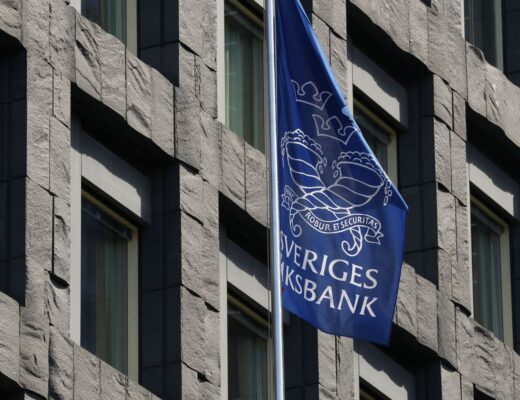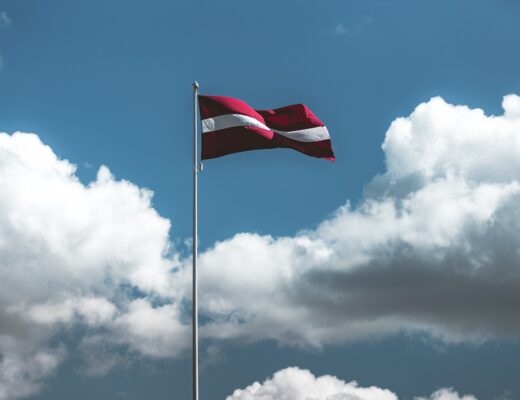Russian-German cooperation in terms of hydrogen production: key points
Alternative energy is a promising direction due to the zero-emissions policy. To this end, countries are joining their efforts to achieve great results in the development of the segment, which will reduce harm to the environment. One of them is the Russian-German cooperation in the field of hydrogen energy. Within the framework of this agreement the representatives of the countries will develop a road map and pilot projects, which will allow producing and supplying hydrogen to Germany. Officials noted that cooperation in this field is promising for the states and will allow developing alternative energy.
At the current stage of the project the parties study the issue and work out various options of cooperation. The primary tasks are to create a scheme of transportation of hydrogen and search optimal technology for its production.
Special attention in the cooperation of the countries is given to the work of the research centers. The representatives of Germany and Russia share their ideas and developments as well as work jointly on implementation of new methods for utilization and production of hydrogen.
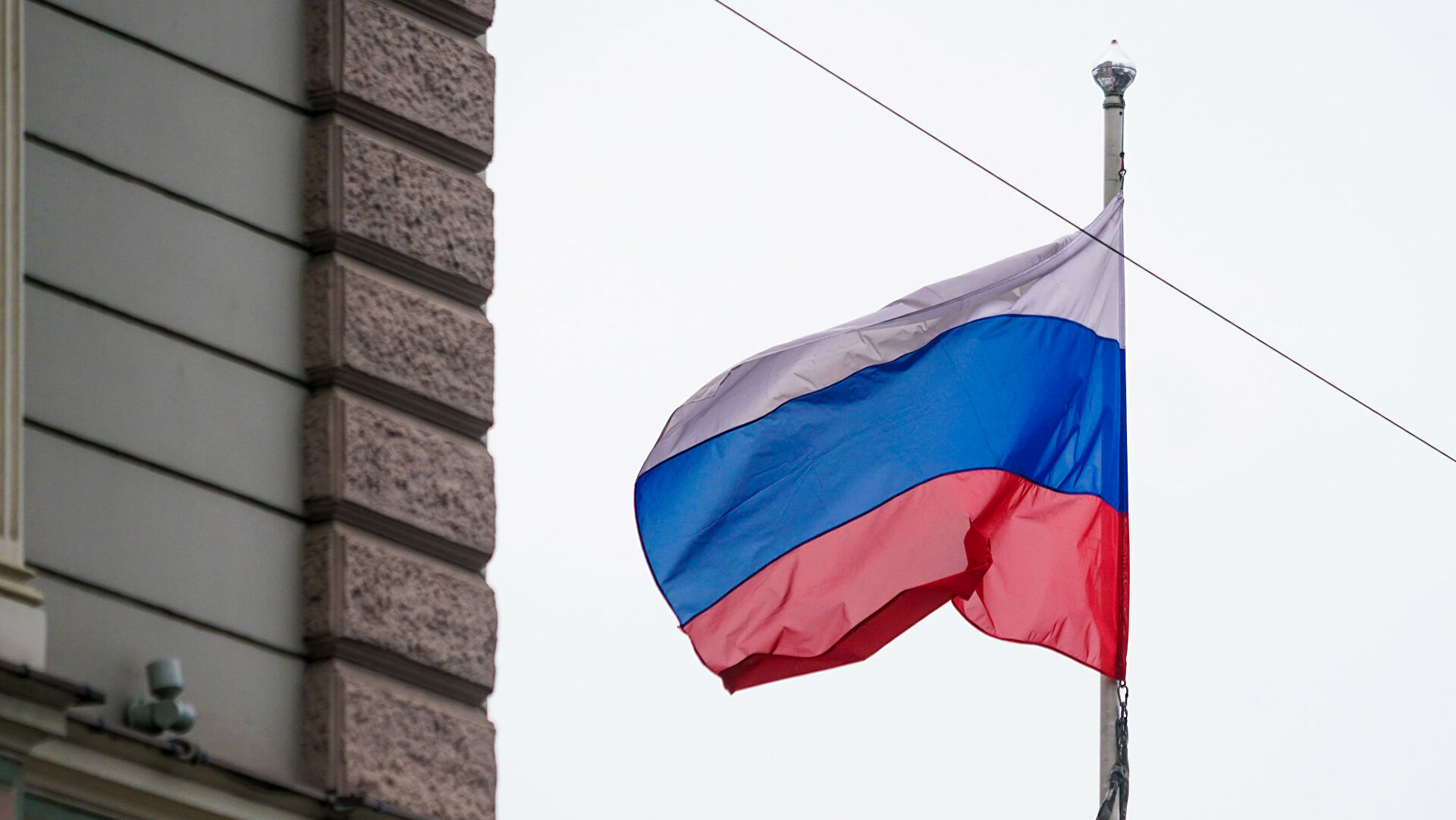 The Russian side has noted its interest in the experience of the Germans in the sphere of national regulation of this segment of energy and plans to apply a number of programs for the Russian Federation.
The Russian side has noted its interest in the experience of the Germans in the sphere of national regulation of this segment of energy and plans to apply a number of programs for the Russian Federation.
It should be noted that despite cooperation in the hydrogen segment, the countries continue to cooperate closely in traditional industries as well. Russia is interested in such a reliable partner as Germany, especially in view of the implementation of the new energy strategy. According to the latter, the Russian Federation is planning to improve and increase the production of hydrogen until 2035. Thus, the government of the country intends to become a leader in the export of fuel on the world market. It is possible to achieve such a goal in case of active work on a number of directions. First and foremost among them is the increase in the quantity of hydrogen produced by natural gas, renewable energy sources, and nuclear industry. Russian specialists are also actively working on the development of fuel technology with minimal carbon emissions.
In addition, the government is discussing a support mechanism for the industry and the creation of a comprehensive infrastructure for hydrogen supplies. An important point is also the stimulation of demand not only in the global, but also in the domestic markets.
Moscow notes that the cooperation with German specialists will give a good impulse for the development of the segment, as well as allow introducing the Russian product to foreign customers.
For about 50 years Germany has been the key partner of the Russian Federation in the field of energy. Every year the directions of cooperation between the states are expanding, allowing joint efforts to achieve excellent results in energy consumption and production. Today, the partners consider green technologies to be the most promising sector, which will help achieve zero carbon emissions and preserve the environment.
